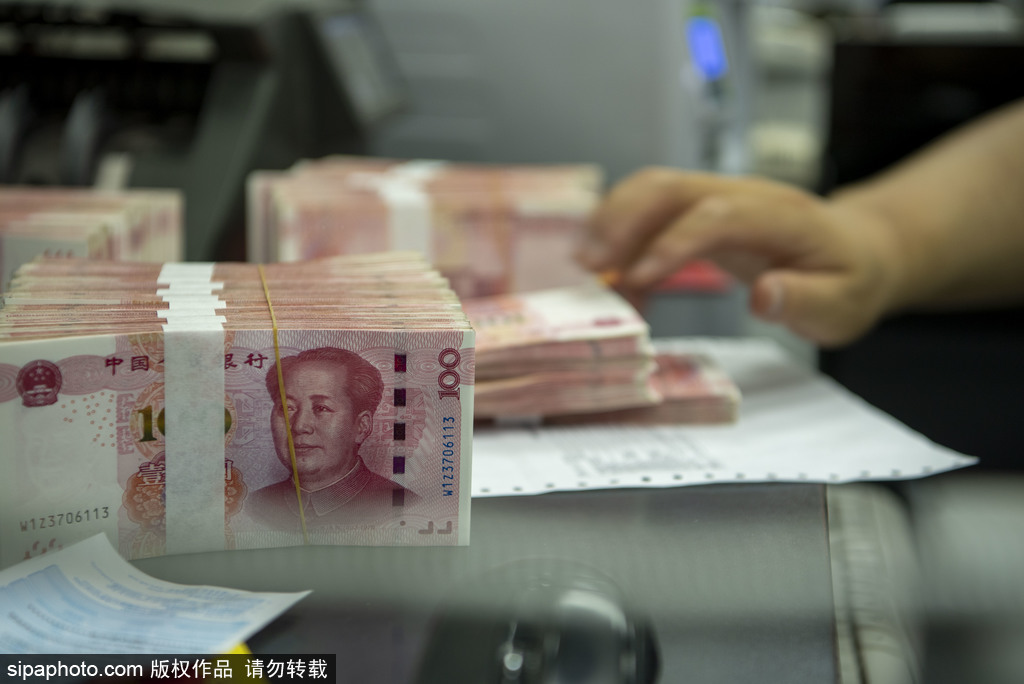Bonds in FTSE index may bring in billions


Inclusion of Chinese sovereign bonds in the flagship bond index of FTSE Russell later this year will pave the way for billions of dollars of inflows into the world's second-largest economy, experts said.
The London-headquartered FTSE Russell said on Tuesday that China's government bonds (CGBs) will be included in its flagship World Government Bond Index and the entire inclusion process will take about 36 months, starting in November and concluding in October 2024.
FTSE Russell said the initial weighting of China's WGBI would be around 5.25 percent. CGBs issued before Jan 1, 2020 will be included in the index if the bonds meet the minimum size threshold of 100 billion yuan ($15.2 billion), while those issued after Jan 1, 2020 are eligible for inclusion if the outstanding balance is at least 35 billion yuan. As such, 51 CGBs will qualify for the inclusion, according to global lender HSBC.
Assuming that total assets under management are worth $2.5 trillion, the WGBI inclusion will lead to capital inflows of around $130 billion in the CGB market, said Andre de Silva, head of global emerging market rates research at HSBC. Compared with the Bloomberg-Barclays Global Aggregate Index and JPMorgan Emerging Market Government Bond Index, in which China bonds were included in April 2019 and February 2020, respectively, the WBGI has a wider passive investor following, he said.
Liu Jie, head of China macro strategy at Standard Chartered Bank, said WGBI is one of the most frequently referred indexes among Japanese investors. It can be expected that in the years to come, Japanese investors will play an important role in the Chinese bond market. More importantly, foreign capital flowing into the Chinese bond market after the inclusion will buoy the renminbi exchange rate, she said.
The average yield of CGBs is around 3.09 percent at present. With the inclusion of CGB, the average yield of WGBI bonds will rise to 0.65 percent, up from the 0.52 percent at present, added Liu.
Hedging against a volatile global market in equities and declining United States Treasury yields are the major reasons that international bond investors have poured money into the Chinese bond market, FTSE Russell said in its China bond research report released on March 16.
Joe Perry, global head of business development at Forex Analytix, said that the relative lower correlation between CGB yields and the US Treasury bond yields can help global investors disperse their portfolio risks. The inflation expectations and economic growth trend in the US will have a limited impact on CGBs, he said.
Statistics from China Central Depository and Clearing Co Ltd showed that overseas investors held 3.15 trillion yuan worth of Chinese bonds by the end of February, up 3.13 percent at January end. The latest data have indicated overseas investors' rising holdings of Chinese bonds for the 27th month in a row.
Ivy Zhang, executive vice-president of HSBC Bank (China) Co Ltd, said China has deepened bond market opening-up in the past few years by introducing a number of facilitating policies for foreign investors. China's bond market has seen an optimization of the market infrastructure, bolstering of liquidity and stability amid global market fluctuations. It is certain that foreign investors' interest in Chinese bonds will continue to increase in the future, and so will the global influence of China's bond market, she said.



































